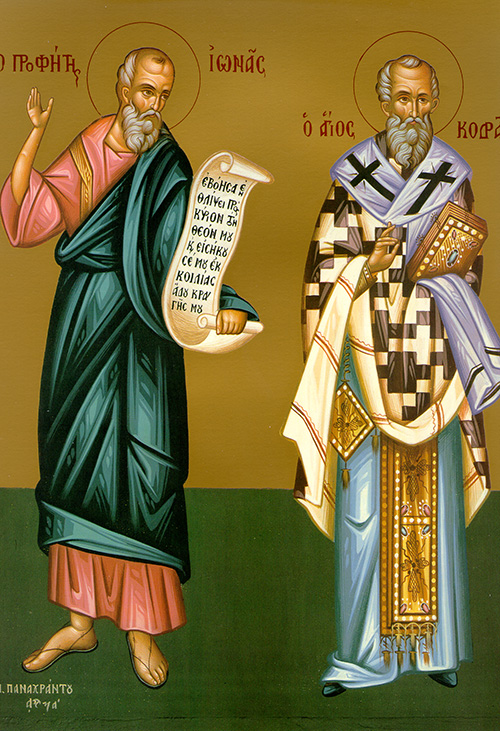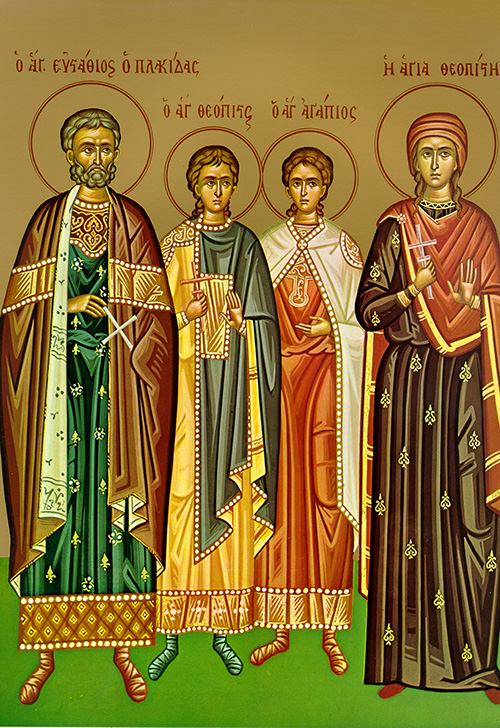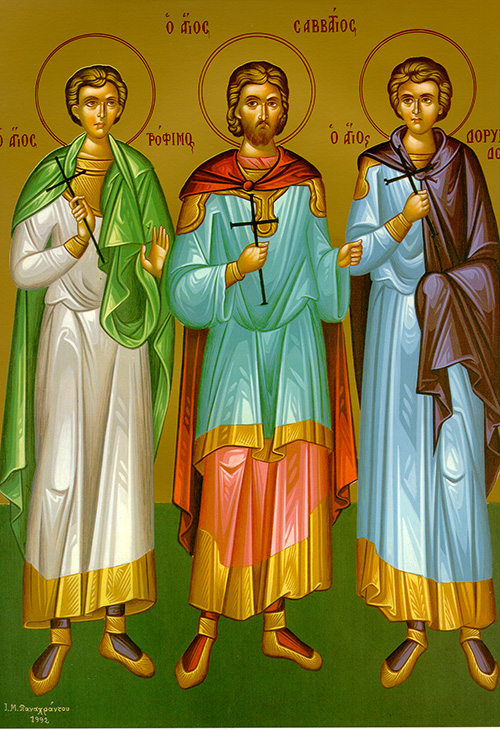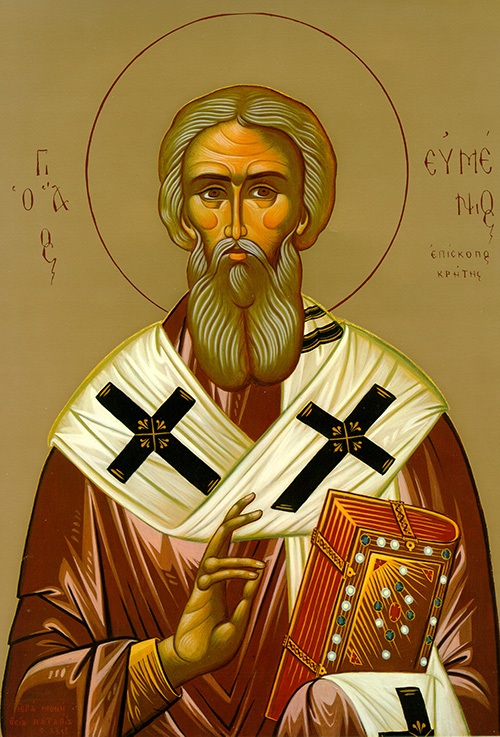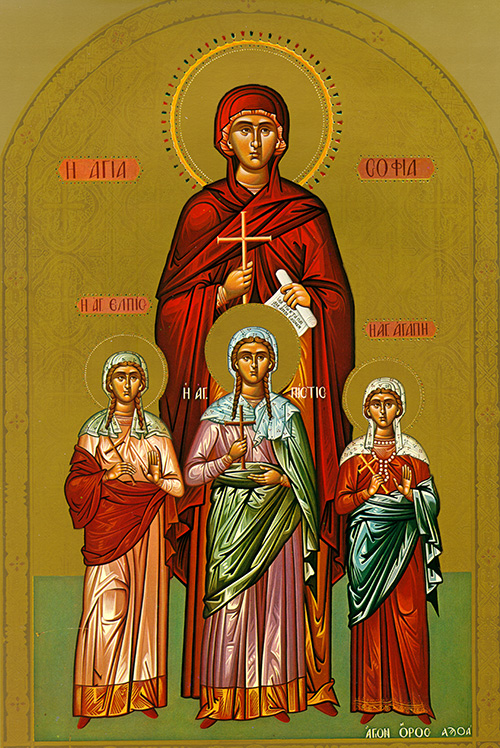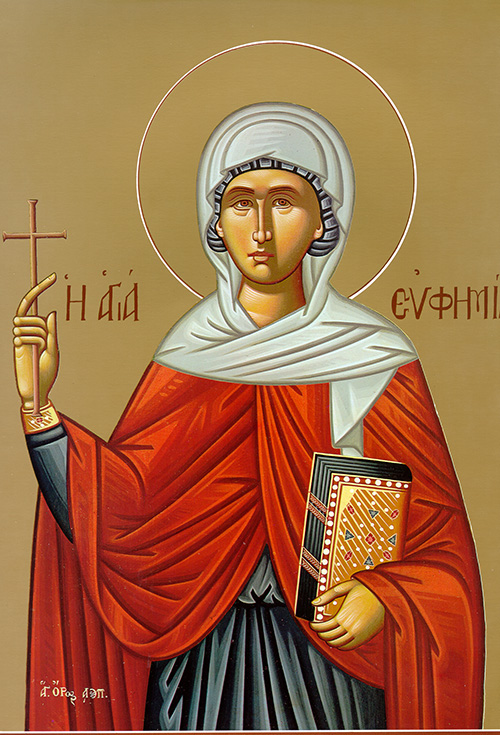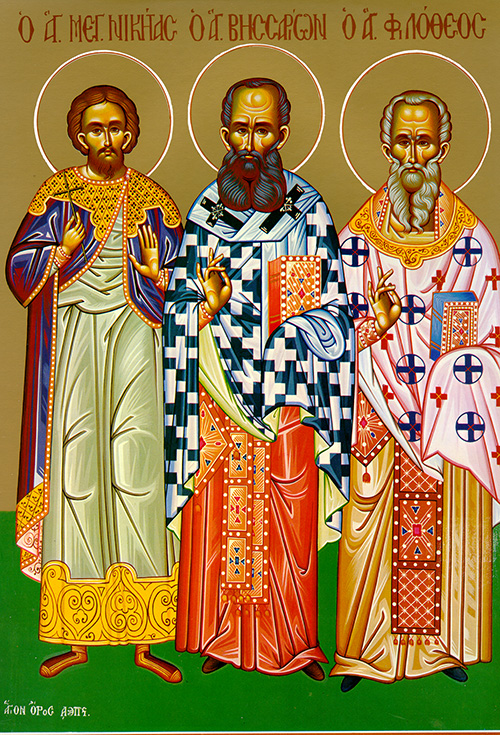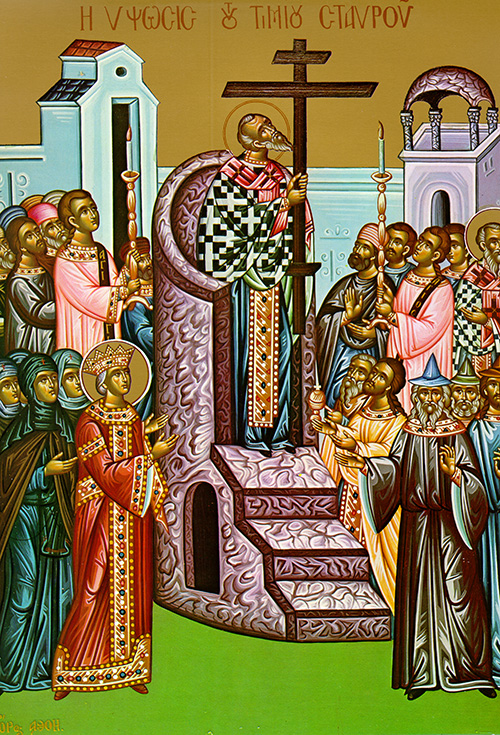WEEKLY SCHEDULE
Saturday, Sept. 21 – Saturday after the Exaltation of the Holy Cross
5:00 PM Santa Paula Outreach Divine Liturgy
Sunday, Sept. 22 – 18th Sunday after Pentecost
8:30 AM Matins
9:30 AM Divine Liturgy
Monday, Sept. 23 – Conception of John the Baptist
8:30 AM Morning Prayer
Tuesday, Sept. 24 – Thecla, Proto-Martyr
6:00 PM Akathist* for those suffering Addictions & Mental Illness in Person and on Zoom
Wednesday, Sept. 25 – Euphrosyna, Venerable
8:30 AM Morning Prayer
6:30 PM Divine Liturgy
7:30 PM Firepit Social
Saturday, Sept. 28 – Chariton, Venerable-Confessor
5:00 PM Santa Paula Outreach Divine Liturgy
Sunday, Sept. 29 – 19th Sunday after Pentecost
8:30 AM Matins
9:30 AM Divine Liturgy
11:30 AM Family Day Celebration
*Add first names to this prayer service by emailing niemirick@gmail.com
MYSTERY OF REPENTANCE (Confession)
St. Mary’s: Sundays 8:45 AM or by appointment
Santa Paula: Saturdays 4:15 PM or by appointment
PRAYER REQUESTS
(Please resubmit or submit names to admin@ByzantineLA.com)
The Carlin Family, Michael Hefferon, Shirley Kunze, Michael Mina, Peter Mina, Fr. John Mina, Mila Mina, Lana Zimmerman, Patrick Zimmerman, Patrick O’Neill, Shannon O’Neill, Fern Bonowicz, Stephen Petach, All the sick and suffering of St. Mary’s
WEEKLY DEPOSIT:
Collection: $1,300.00; Santa Paula: $1,149.80; Online: 385.00; Candles: $86.05; Parish Socials: $66.00; Holydays: $20.00
Total: $3,006.85 / Attendance – PSM: 60 SPO: 90
Family Day – Sept. 29
Our annual Family Day celebration pig roast potluck will be held on Sunday, September 29 following Divine Liturgy. Sign-up sheets are in the small hall. There will be water activities for children; a bathing suit or change of clothes is recommended.
A Letter About Falling Down and Getting Up
I received your letter, my child, and I saw your anxiety. But don’t be sad, my child. Don’t worry so much. Even though you have fallen again, get up again. You have been called to a heavenly road. It is not surprising for someone running to stumble. It just takes patience and repentance at every moment.
Therefore, always do a metanoia when you are wrong and don’t lose time, because the longer you wait to seek forgiveness, the more you allow the evil one to spread his roots within you. Don’t let him make roots to your detriment.
Therefore, don’t despair when you fall, but get up eagerly and do a metanoia saying, “Forgive me, my dear Christ. I am human and weak.” The Lord has not abandoned you. But since you still have a great deal of worldly pride, a great deal of vainglory, our Christ lets you make mistakes and fall, so that you perceive and come to know your weakness every day, so that you become patient with others who make mistakes, and so that you do not judge the brethren when they make mistakes, but rather put up with them.
So every time you fall, get up again and at once seek forgiveness. Don’t hide sorrow in your heart, because sorrow and despondency are the joy of the evil one. They fill one’s soul with bitterness and give birth to many evils. Whereas the frame of mind of someone who repents says, “I have sinned! Forgive me Father!” and he expels the sorrow. He says, “Am I not a weak human? So what do I expect?” Truly, my child this is how it is. So take courage.
Only when the grace of God comes does a person stand on his feet. Otherwise, without grace, he always changes and always falls. So be a man and don’t be afraid at all.
Do you see how that brother you wrote about endured the temptation? You, too, should do likewise. Acquire a brave spirit against the temptations that come. In any case, they will come. Forget about what your despondency and indolence tell you. Don’t be afraid of them. Just as the previous temptations passed by the grace of God, these, too, will pass once they do their job.
Temptations are medicines and healing herbs that heal our visible passions and our invisible wounds. So have patience in order to profit every day, to store up wages, rest, and joy in the heavenly kingdom. For the night of death is coming when no one will be able to work anymore. Therefore, hurry. Time is short.
You should know this too: a victorious life lasting only one day with trophies and crowns is better than a negligent life lasting many years. Because one man’s struggle, with knowledge and spiritual perception that lasts one day, has the same value as another man’s struggle, who struggles negligently without knowledge for fifty years.
Without a struggle and shedding your blood, don’t expect freedom from the passions. Our earth produces thorns and thistles after the Fall. We have been ordered to clean it, but only with much pain, bloody hands, and many sighs are the thorns and thistles uprooted. So weep, shed streams of tears, and soften the earth of your heart. Once the ground is wet, you can easily uproot the thorns.
– from Joseph the Hesycast
“When they had brought their boats to shore, they left everything and followed him.” Have you seen the Lord work in your life in such a powerful way that you would consider leaving everything to follow him? This is the response of the apostles in today’s gospel reading. The Church is fortified by men and women who follow him as priests, deacons, monks and nuns. If you may be hearing this call, Contact the Vocations Office at 206-329-9219 or email: vocations@ephx.org


